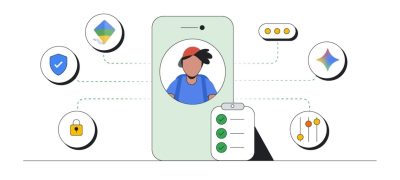Social media has revolutionized the way we connect, communicate, and share in the digital age. Beyond its evident convenience, these platforms have a profound impact on our behavior, driven in part by the brain’s intricate chemistry. In this article, we’ll explore the psychology behind social media and how these platforms have an uncanny ability to influence our actions and emotions. Our journey begins with an exploration of the dopamine rush generated by likes, shares, and notifications, and how this phenomenon shapes our online interactions and experiences.
- The Dopamine Rush: Likes, Shares, and Notifications Social media engagement triggers the release of dopamine, a neurotransmitter associated with pleasure and reward. This is why receiving likes, shares, and notifications on social media can feel so gratifying.
- FOMO (Fear of Missing Out) and Social Comparison Fear of Missing Out (FOMO) is a pervasive feeling exacerbated by social media. It drives people to constantly compare their lives with others, which can have a significant impact on self-esteem and well-being.
III. Filter Bubbles and Echo Chambers Algorithms on social media platforms create filter bubbles and echo chambers by tailoring content to users’ preferences. This can lead to the reinforcement of existing beliefs and information bubbles.
- The Cult of Perfection: Impact on Mental Health The curated online personas that people create often foster unrealistic expectations and negatively affect mental health. Anxiety and depression related to social media use are on the rise.
- Cyberbullying and Online Harassment The anonymity of the internet has given rise to cyberbullying and online harassment. These issues can have severe consequences for victims, making it vital to address them.
- Influencer Culture and Consumer Behavior Influencer marketing has reshaped consumer choices. The boundary between advertising and content is often blurred, making it essential for consumers to discern authenticity.
VII. Social Media Activism: The Power of Hashtags Social media plays a pivotal role in promoting social and political causes. Successful online activism campaigns have harnessed the power of hashtags to create real-world impact.
VIII. Privacy Concerns and Data Collection Ethical and privacy concerns surround the collection of user data on social media. This data is used for targeted advertising, raising questions about consent and security.
Reflecting on their own social media usage, readers are encouraged to maintain a healthy balance in the digital age. Understanding the psychological influences of social media is crucial for both individuals and policymakers to navigate this evolving landscape.









